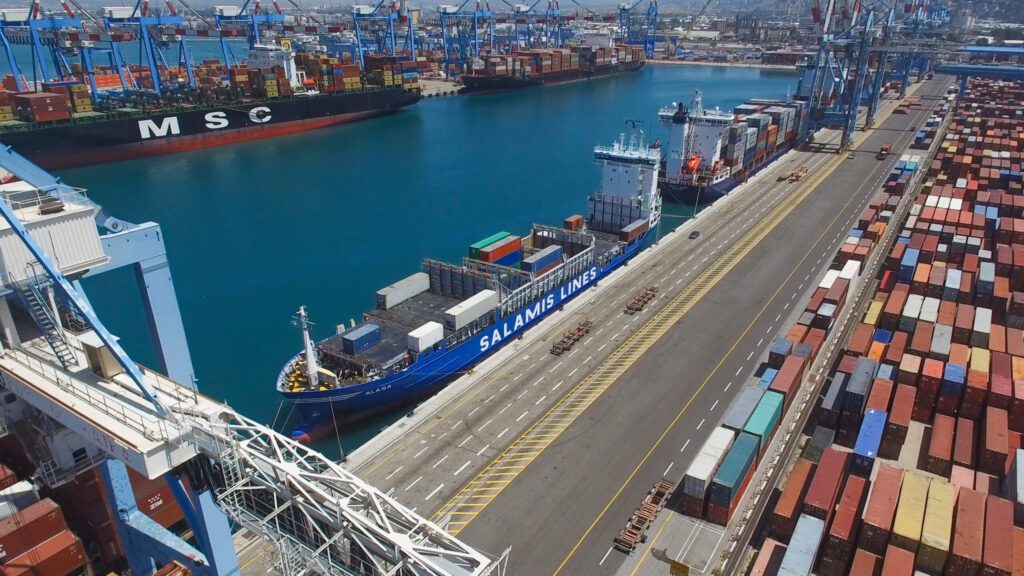Yemen’s Houthi movement has escalated its maritime campaign by declaring a blockade on Haifa Port, Israel’s largest northern seaport, marking a sharp increase in regional tension and posing new challenges for global shipping.
Read also: Trump Targets Houthis with Terrorist Designation Amid Ongoing Red Sea Shipping Crisis
In a televised statement reported by ReutersHouthi military spokesperson Yahya Saree warned that all vessels linked to Israel, or heading to Haifa, would now be considered legitimate military targets—whether transiting the Red Sea, the Bab al-Mandeb Strait, or docking directly at the Israeli port.
The move follows earlier Houthi threats and operational bans targeting Israeli shipping through strategic maritime corridors, reinforcing the group’s alignment with regional resistance efforts amid the ongoing Gaza conflict.
Haifa Port is a critical node in Israel’s commercial infrastructure, handling a substantial share of the country’s containerized cargo and serving as a gateway for international trade. Any disruption could ripple across global supply chains, particularly in the Eastern Mediterranean.
While Israeli authorities and port operators have not yet confirmed the extent of the immediate impact, maritime analysts are closely watching for changes in vessel traffic and possible rerouting of cargo flows. Security alerts in adjacent waterways, already heightened since late 2023, are likely to intensify.
The announcement also renews concerns from earlier this year, when major shipping lines hesitated to fully resume Red Sea operations despite temporary ceasefires in Gaza. The latest development underscores the ongoing volatility of Middle East trade routes and the potential for broader economic fallout if shipping companies are forced to divert vessels further from the Suez Canal corridor.
As the situation develops, global logistics operators and insurers may face renewed pressure to reassess risk exposure along key maritime chokepoints in the region.

